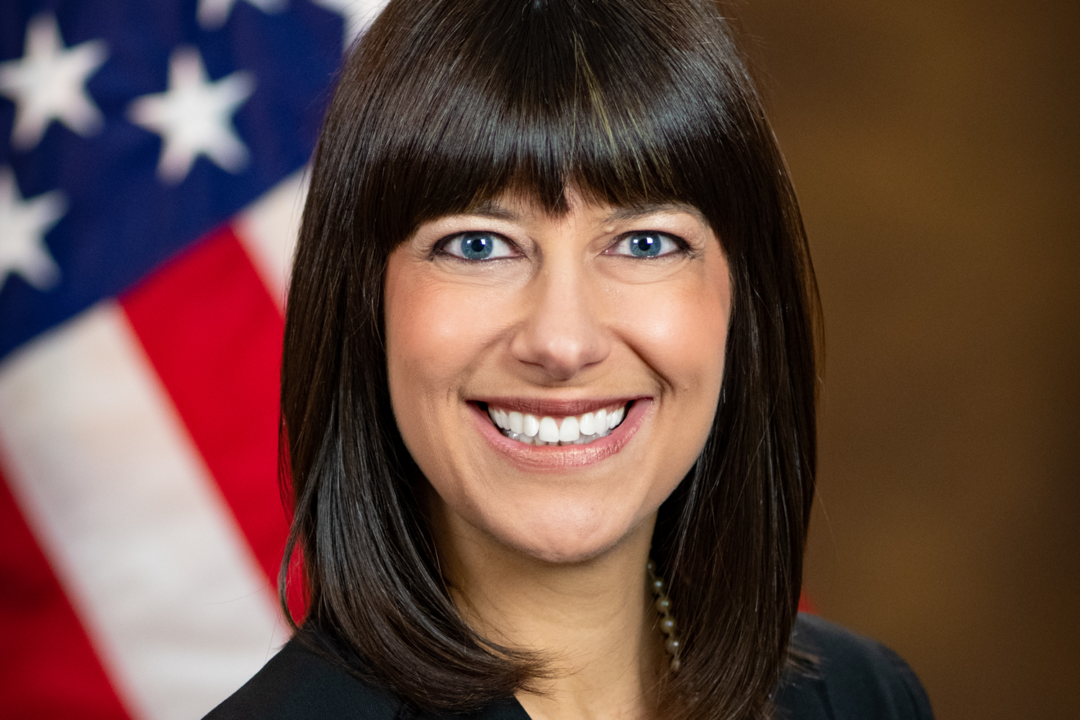AT&T and Feds Disagree on Whether Government ‘Provides’ USF Money
The company wants SCOTUS to find the fund isn't covered by the False Claims Act.
Jake Neenan

WASHINGTON, Oct. 29, 2024 – AT&T subsidiary Wisconsin Bell last week reiterated its argument to the Supreme Court that telecom companies should not be hit with tougher fines for fraudulent reimbursement requests to a major broadband subsidy program.
The company is seeking to overturn a Seventh Circuit ruling that found the False Claims Act applies to reimbursements from the E-Rate program, a broadband subsidy for schools and libraries funded by the $8-billion-per-year Universal Service Fund. The act calls for damages tripling the amount of fraudulently obtained government money, plus mandatory civil penalties.
“What matters under the FCA is that requests for money supplied by private carriers to a private corporation pose no risk of loss to the government,” Wisconsin Bell wrote in an Oct. 24 reply brief.
USF is funded by fees levied on interstate voice revenue, and payments and disbursements are handled by the Universal Service Administrative Company, a nonprofit set up by the FCC for that purpose. Wisconsin Bell argued that means the government does not “provide” the money at issue and that USAC is not an “agent” of the U.S., two paths to liability under the False Claims Act.
“Even if it were literally possible to read ‘provide’ to mean ‘make available through the exercise of regulatory power,’ that reading strains against common usage, which is that a person ‘provides’ something when he supplies it himself—not when he compels another to do so,” the company wrote.
The AT&T subsidiary was initially sued by telecom auditor Todd Heath – the FCA allows for parties other than the government to bring suits under the law – who alleged the company defrauded the government by charging E-Rate participants more than it normally would have in an attempt to collect more subsidy cash. The company has denied those claims, but the case has turned into a dispute over whether the law applies to that situation at all.
“As the lower court recognized, the government provides all of USAC’s money because that money is only in the USF due to government mandates, to be used for a government program, controlled by a government agency,” Heath’s lawyers wrote in a Sept. 24 brief.
The government agreed. Solicitor General Elizabeth Prelogar wrote in an amicus brief that “It makes no difference that the government acquires E-Rate program funds through universal service contributions from private payers… the government ‘provides’ that money by creating the E-Rate program and by specifying who must contribute and in what amounts.”
Oral arguments in the case are scheduled for November 4.
How justices rule in this case could impact another lawsuit – which the Supreme Court is expected to take up – that challenges the USF’s entire funding scheme. A conservative nonprofit alleged in part that the FCC improperly delegated authority to a private company, with the FCC countering it maintains sufficient supervision of USAC.
“This Court’s resolution of those issues in Wisconsin Bell could shed light on the nature of the FCC’s relationship with [USAC] – which, in turn, could affect the nondelegation analysis in this case,” the government wrote in asking the high court to take that case.









Member discussion